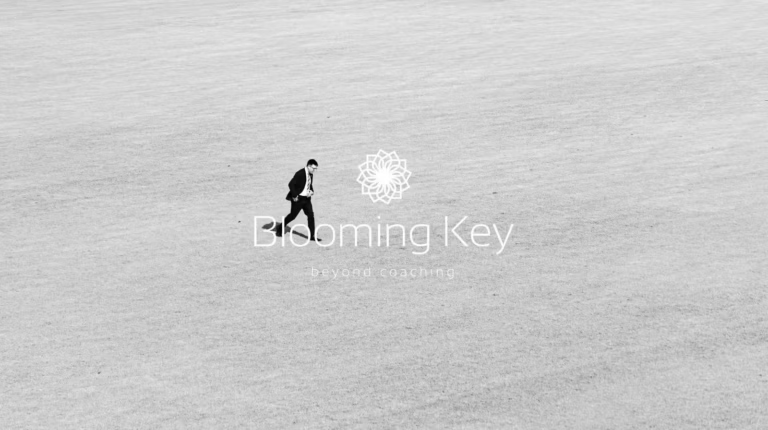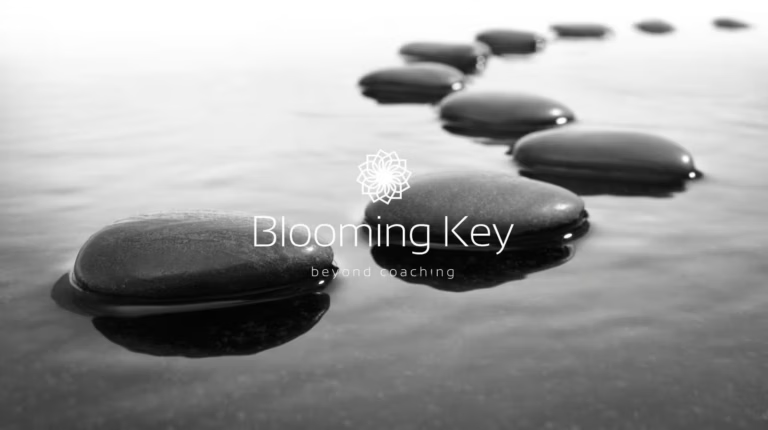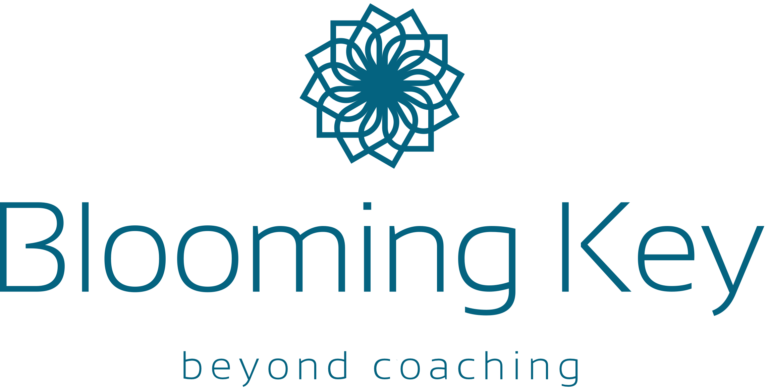Mental Fitness & Life Coaching Blog

Leadership Loneliness in Dubai
High-level leadership can feel isolating, even in successful careers. Discover how leaders in Dubai build emotional resilience, clarity, and sustainable performance.

Small Practices, Big Inner Shifts: The Power of Precision
In Dubai’s high-pressure environment, transformation doesn’t require dramatic change. Small, precise habits can create powerful inner shifts and lasting mental fitness.

The Skill of Standing Tall
Self-confidence is not a personality trait — it is a skill built through courage, practice, and emotional resilience. Learn how to strengthen it.

Success Without Fulfilment Dubai: Why It Feels Wrong
You achieved everything you were supposed to — yet something feels off. Discover why success without fulfilment is common among high achievers in Dubai and how mental fitness restores alignment.

The Price of Perfection: Decoding High-Achiever Emotional Outbursts
High-achiever emotional outbursts are rarely random. They’re signals of internal pressure, perfectionism, and emotional overload. Learn what’s really happening beneath the surface — and how to regain control without losing your edge.

Executive Mental Fitness: Sustainable Performance Without Burnout
Most leaders I work with aren’t failing; they are functioning at a high internal cost. Mental fitness isn’t about “fixing” you—it’s about lowering that cost so you can lead with clarity, not just urgency.
